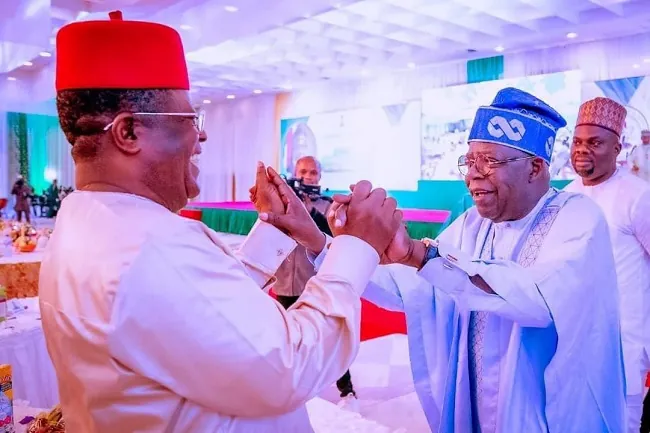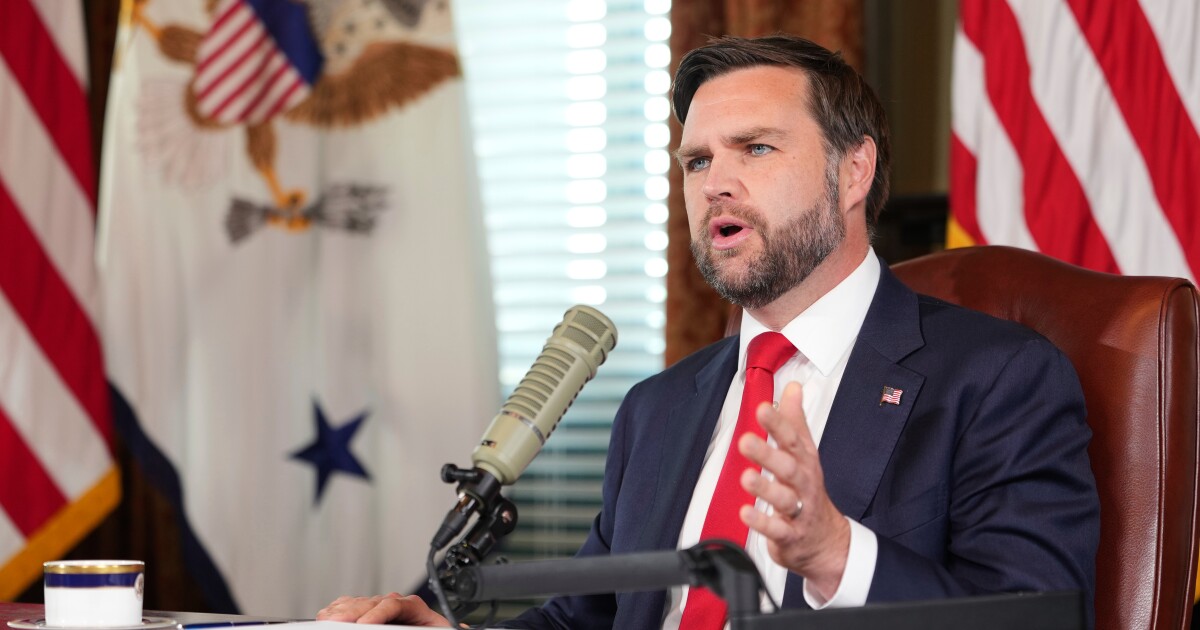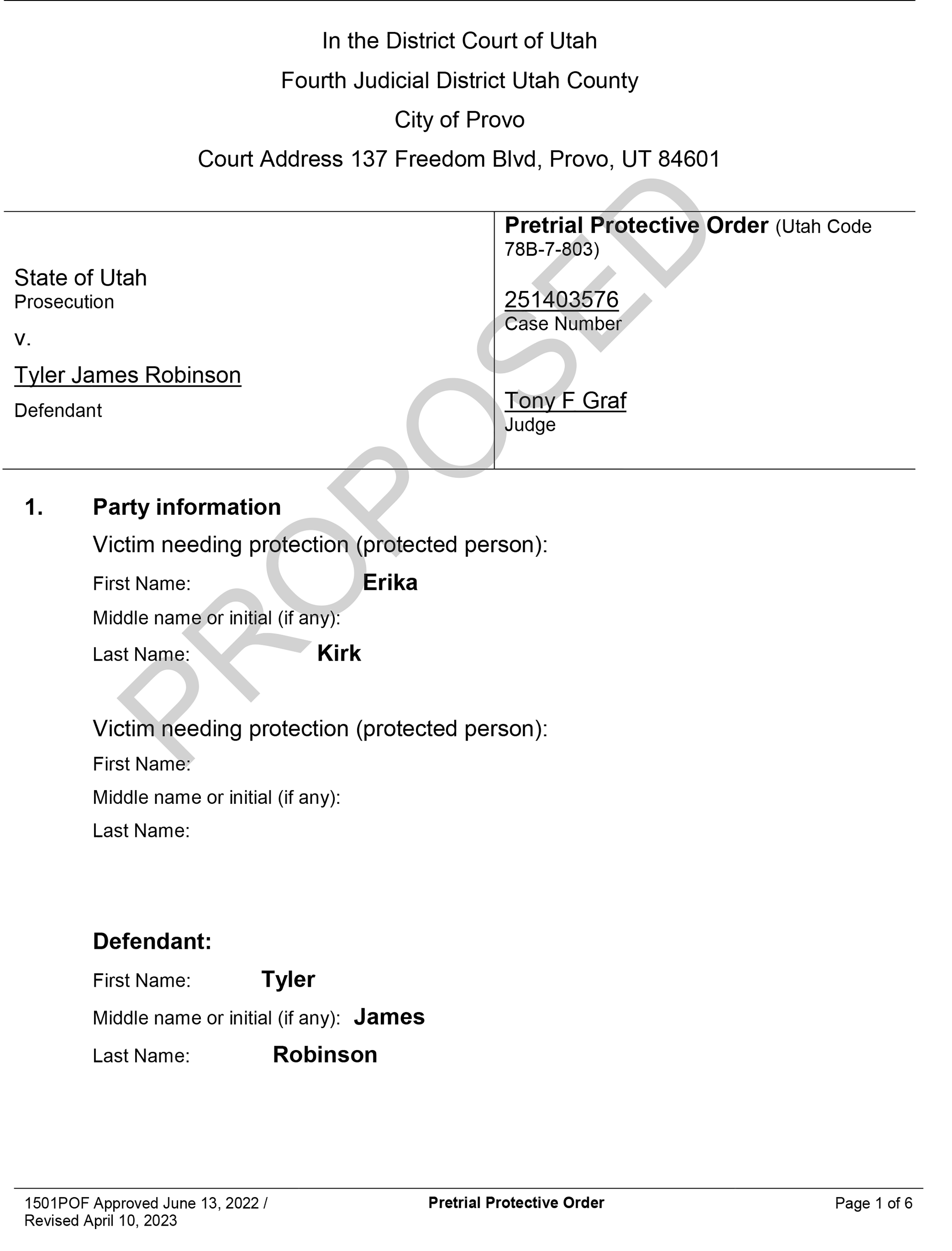By Israel Arogbonlo
Copyright tribuneonlineng

Minister of Works, Dave Umahi, has declared that the South-East, particularly Ebonyi State, will throw its weight behind President Bola Tinubu in the 2027 presidential election, dismissing the influence of the Peter Obi-led OBIdient Movement in the region.
This comes amid the growing popularity of Peter Obi in Nigeria’s political landscape, especially among young people.
Speaking on Saturday during the Ohanivo 2025 New Yam Festival in Onicha Local Government Area of Ebonyi, Umahi insisted that the South-East is no longer aligned with the OBIdient Movement, citing years of political marginalisation as a turning point in the region’s political allegiance.
“We are not OBIdient people. We have been so marginalised that we are no longer OBIdient. No, we are not.
ALSO READ: Some people using AI-generated images of me for advertisements — Peter Obi
“But it is the man that has given us a sense of belonging, President Bola Tinubu. Let it not be that we are from Ebonyi State and they are saying this state belongs to us. There is no OBIdient person in Ebonyi,” Umahi said.
The former Ebonyi governor emphasised that President Tinubu has demonstrated goodwill towards the South-East, and the region, in turn, will reward him at the polls in 2027.
He stated that the people of the region have grown politically wiser and will not be “deceived again,” referring to the outcome of the 2023 presidential election.
“What we have to do is to record the good things that President Bola Ahmed Tinubu has done for South-East and Ebonyi State when the time comes. We will not be deceived again because the last election was a mistake, but we have come to be wiser. I will not finish naming all that the President is doing for us,” Umahi added.
The minister’s remarks underscore the deepening political realignments in the South-East as Nigeria gears up for another election cycle, setting the stage for renewed debates over loyalty, development, and representation in national politics.



